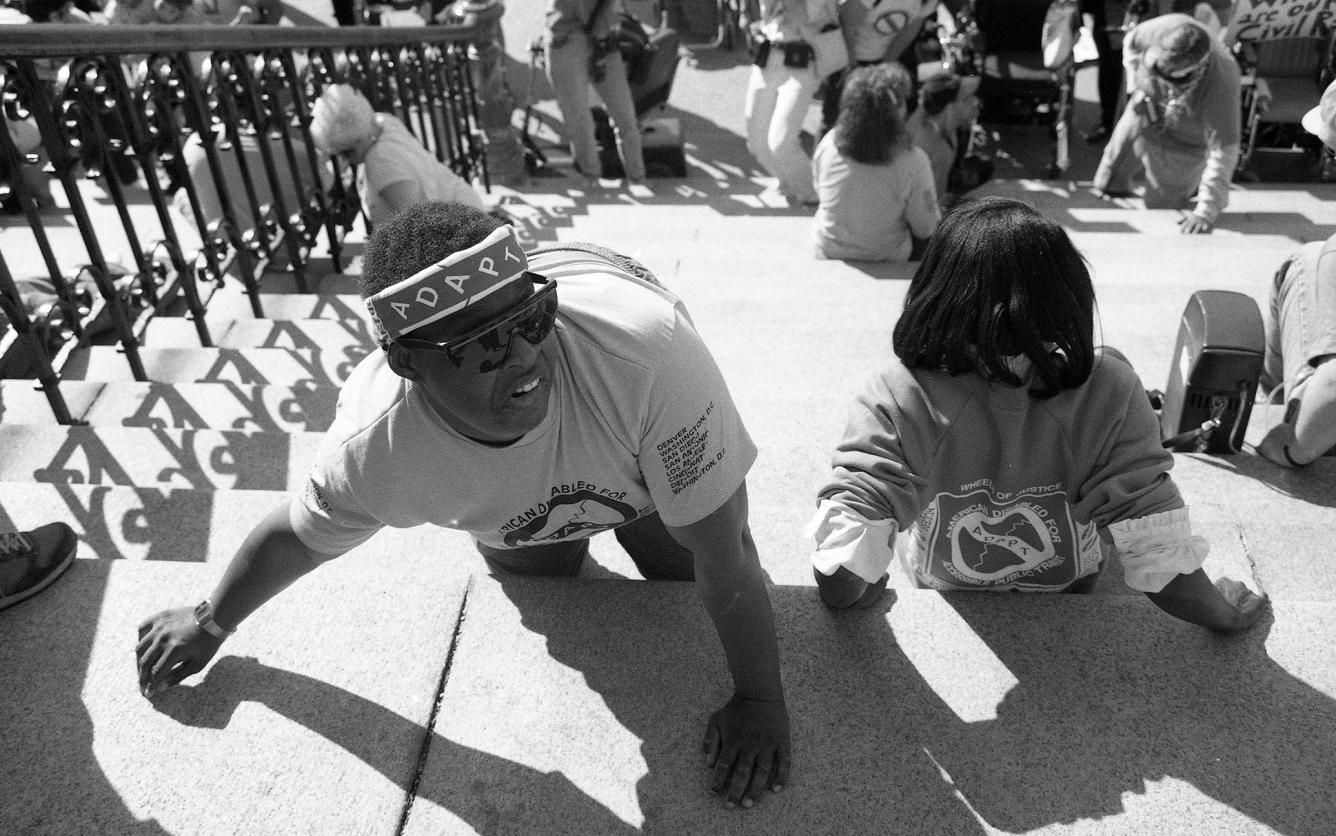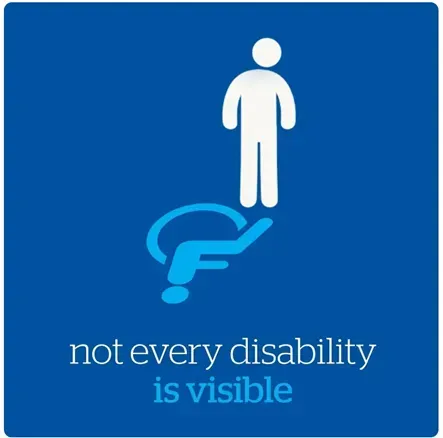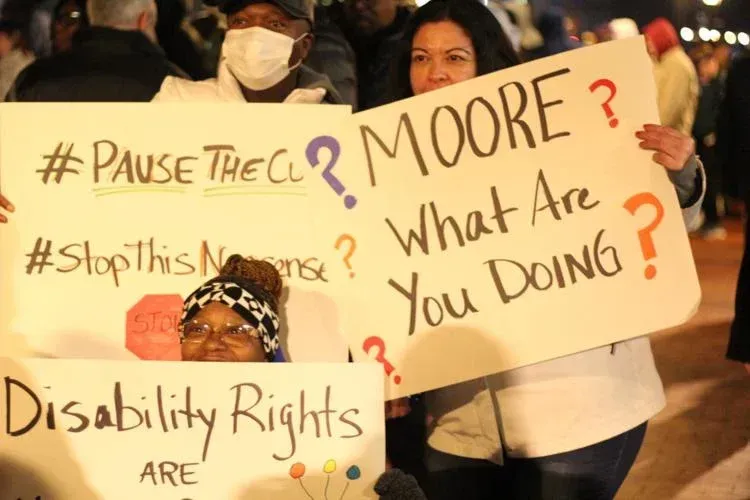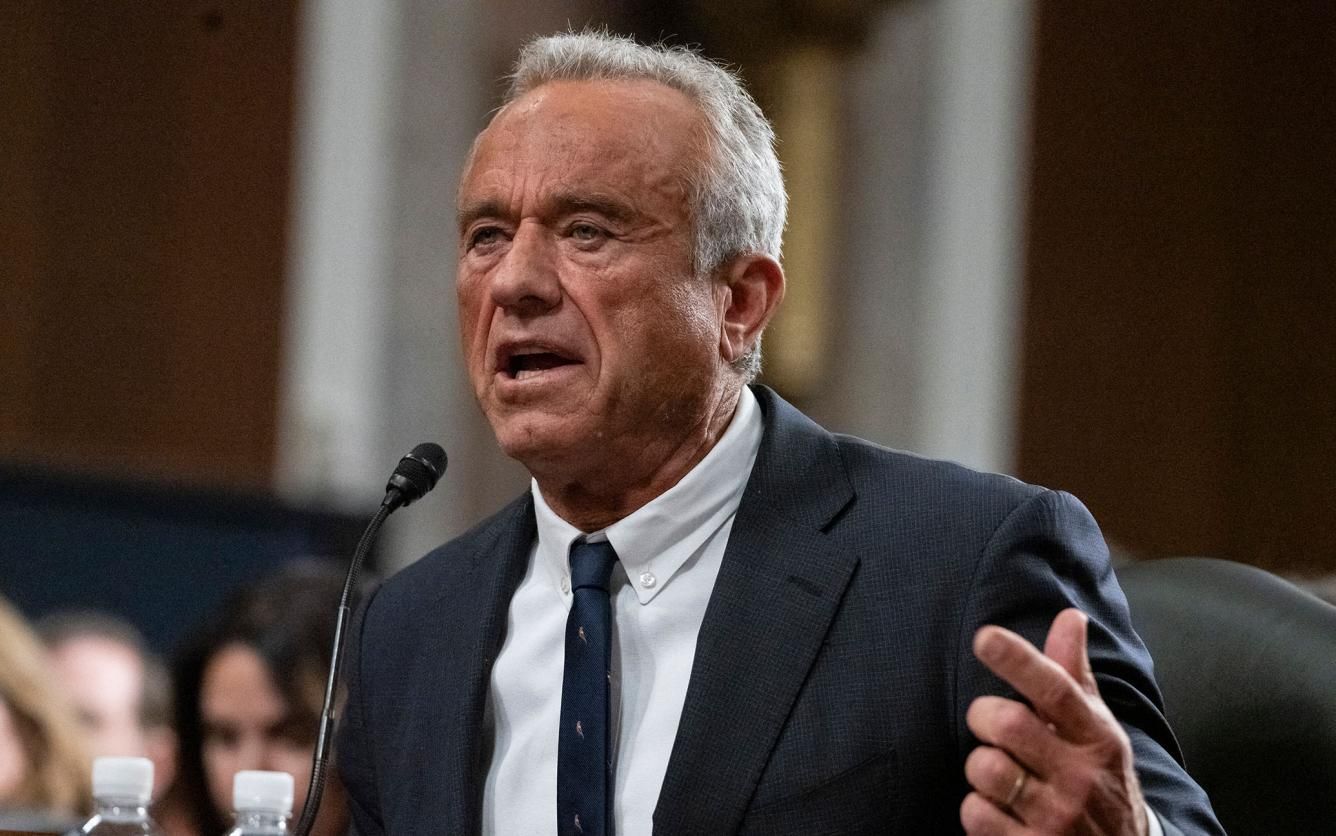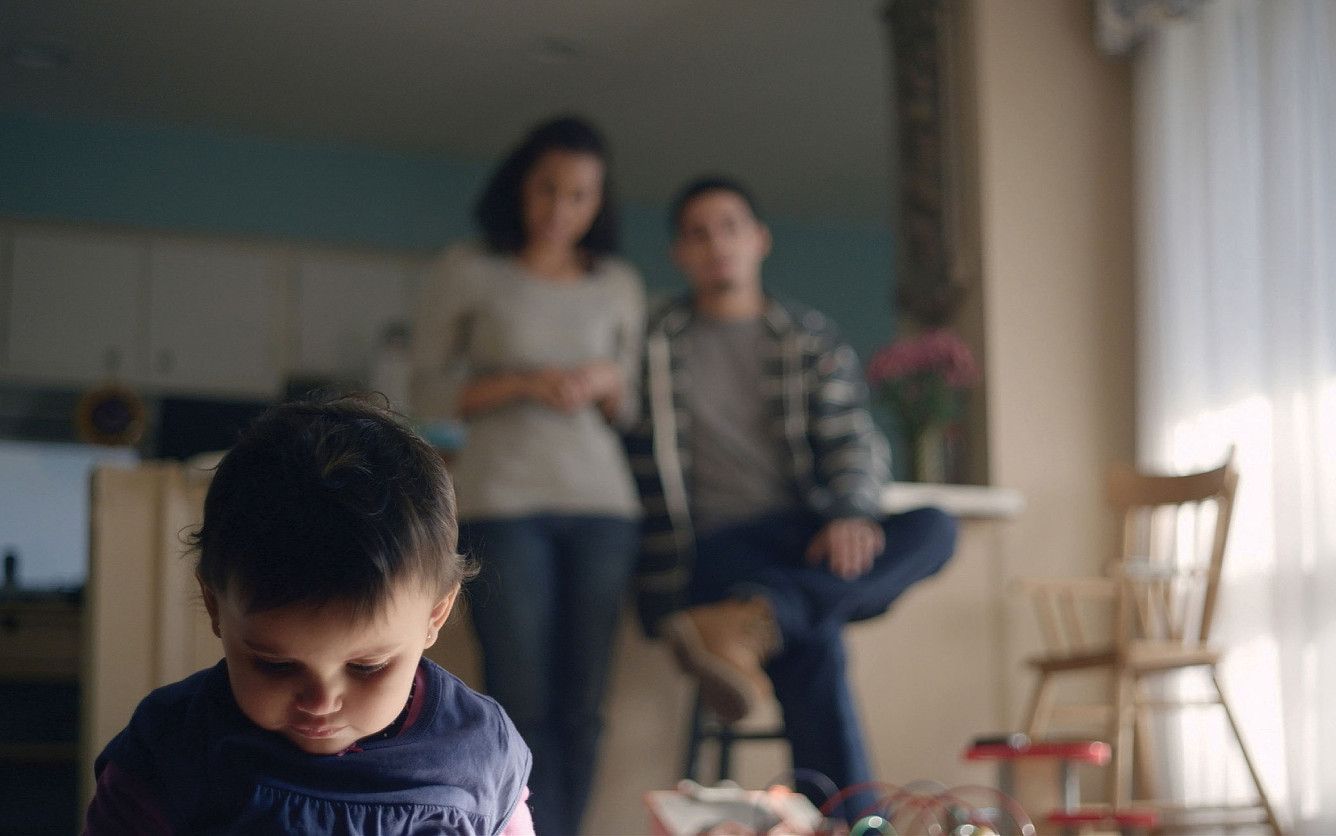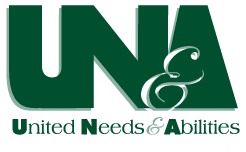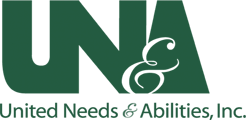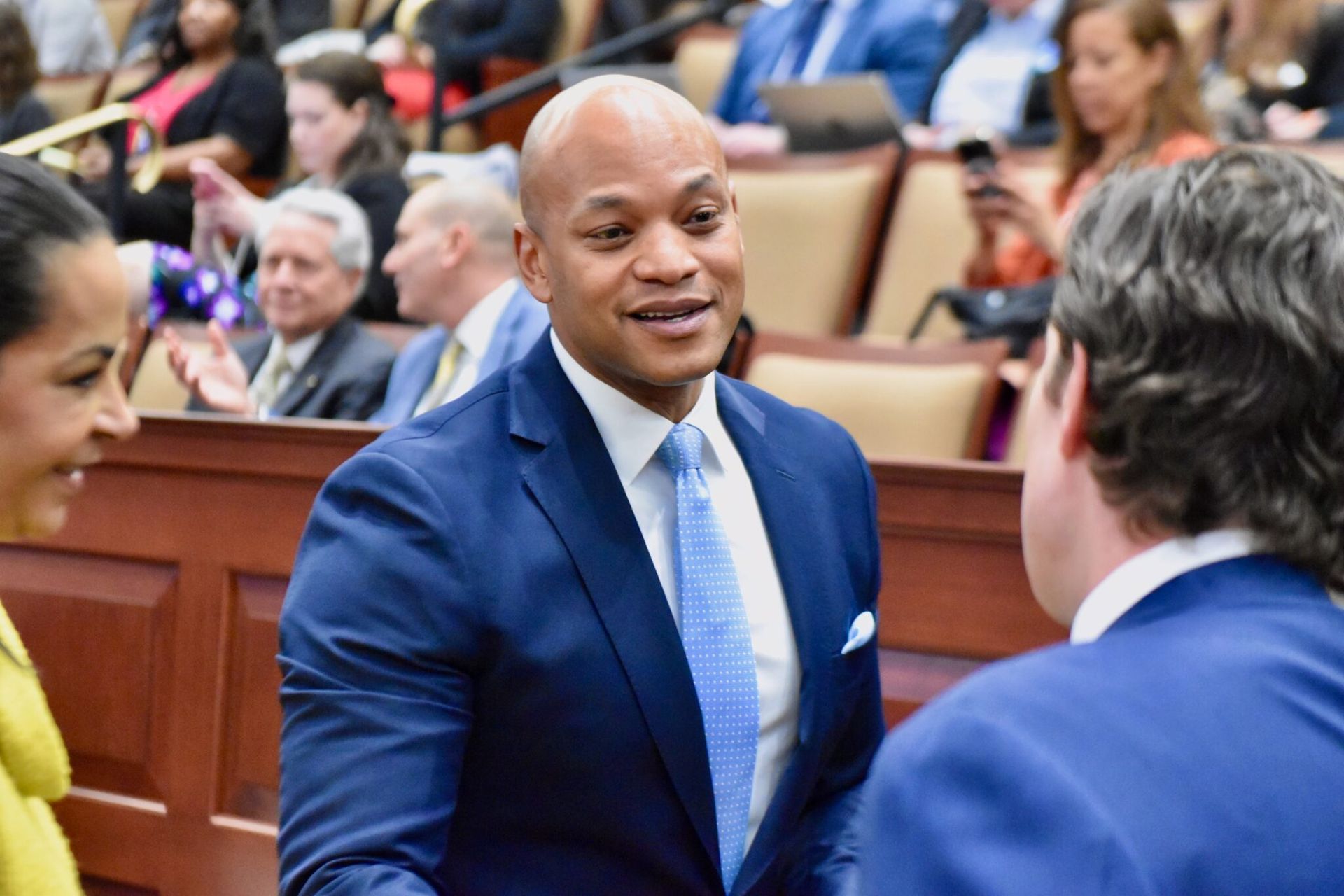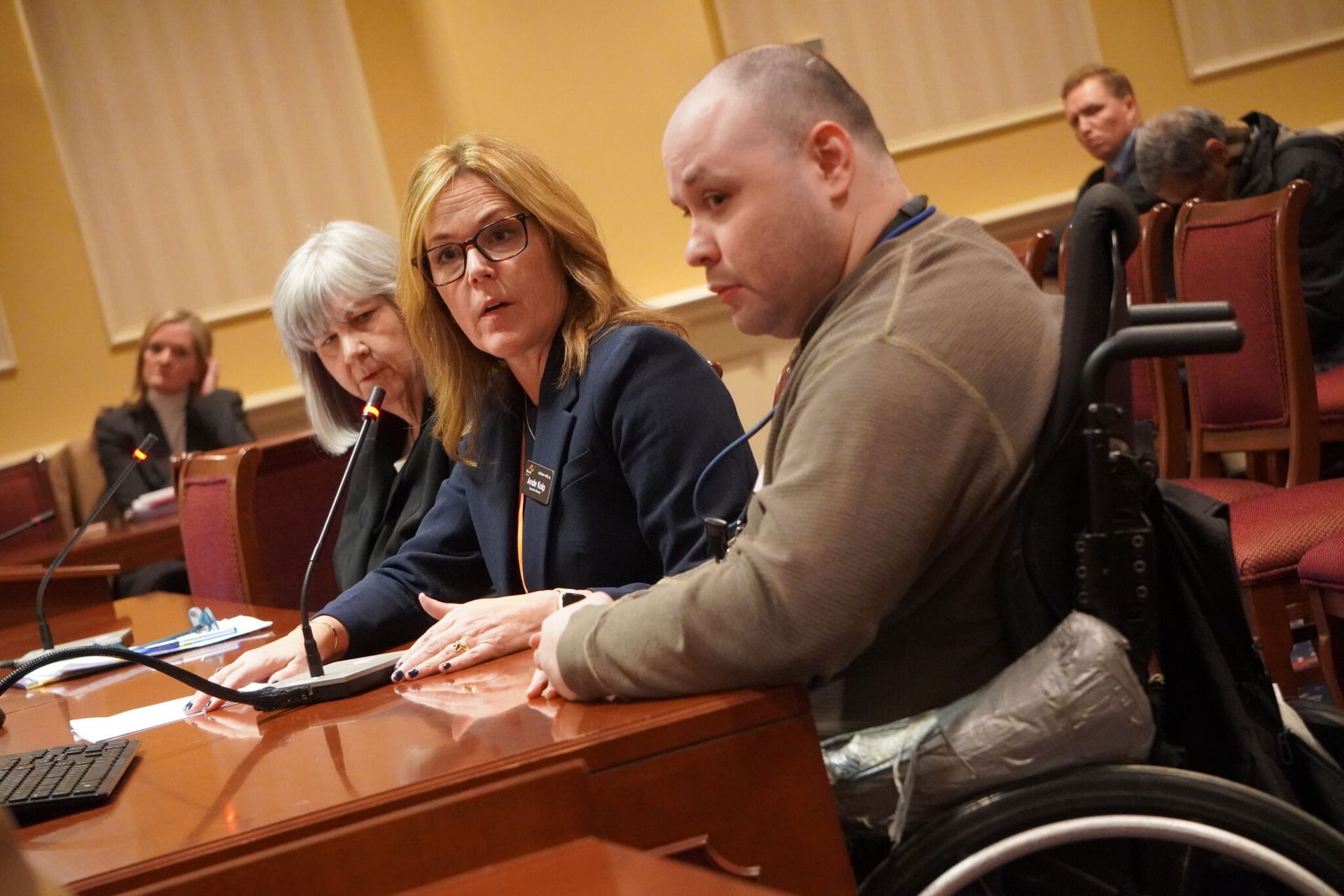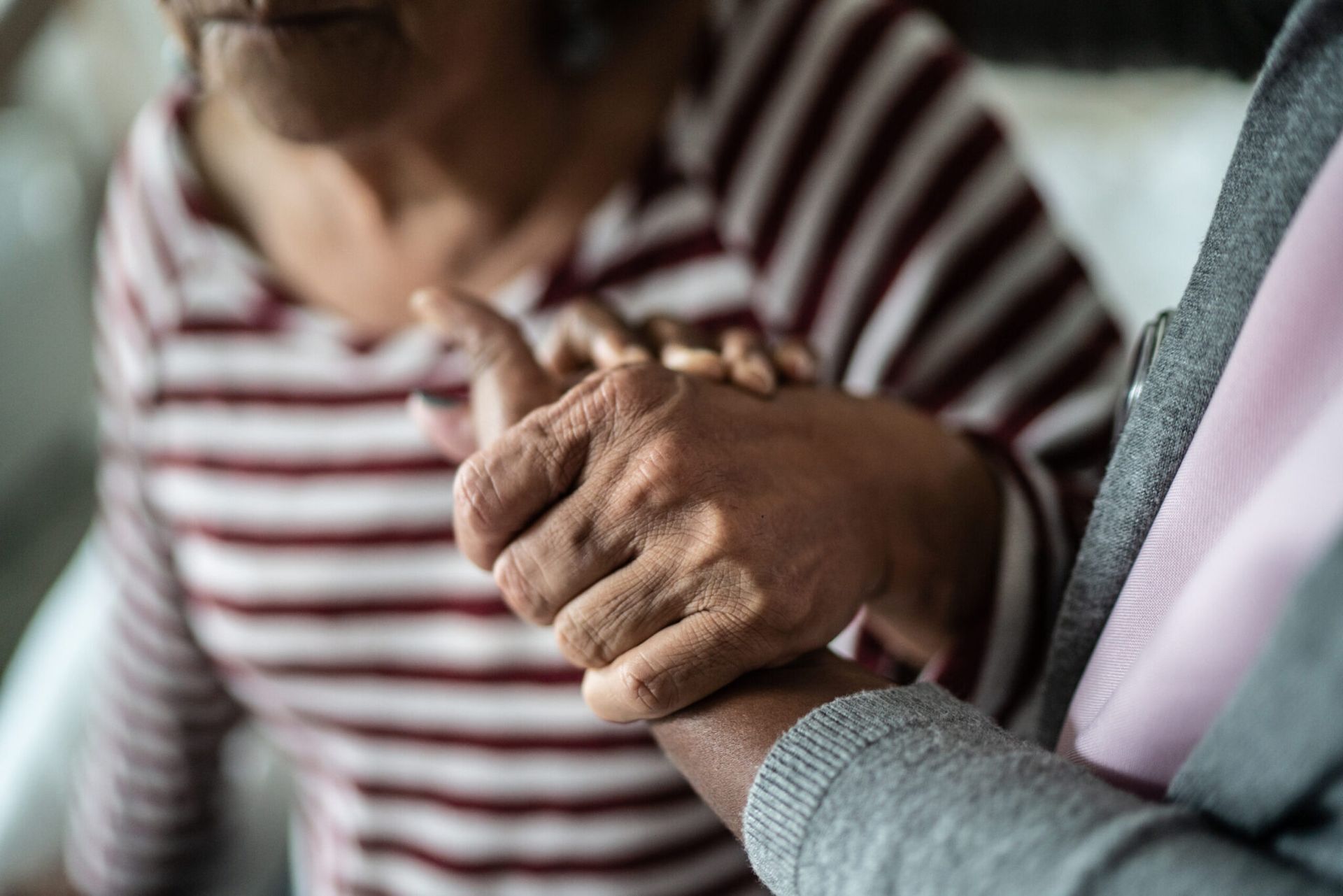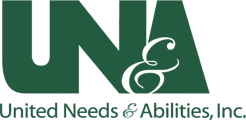Institutions Serving Those With IDD Get New COVID-19 Guidance
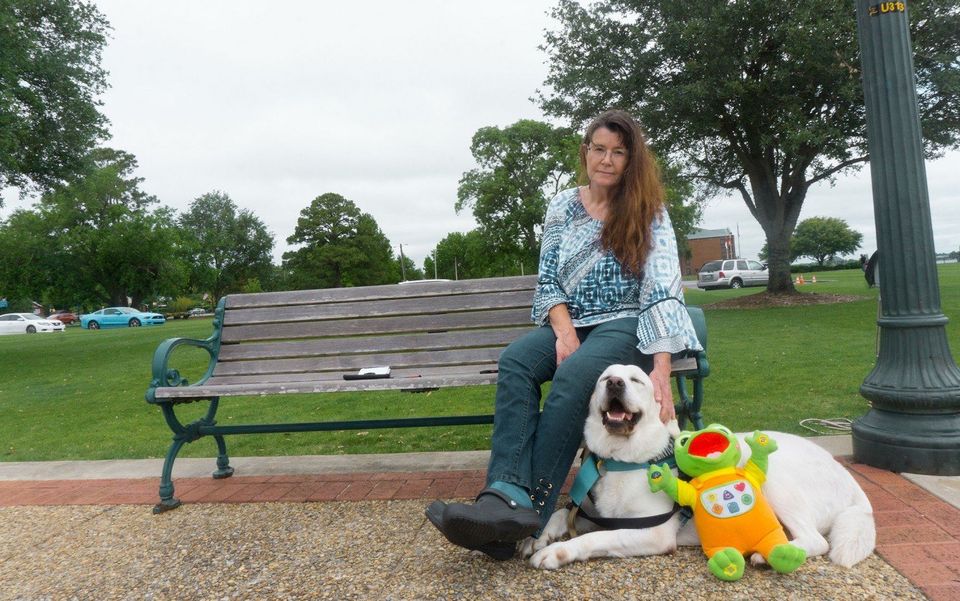
Nearly a year after institutions serving people with developmental disabilities locked down, federal officials are spelling out how and when these facilities should reopen their doors to visitors.
In guidance [01] issued this month, the Centers for Medicare & Medicaid Services says that visitation should not be restricted “without a reasonable clinical or safety cause.”
“While CMS has focused on helping to protect … clients/residents from the risk of contracting COVID-19, we also recognize that physical separation from family, caregivers, friends and others has taken and continues to take a physical, emotional and psychological toll on clients/residents,” reads the 10-page document sent to states regarding visitation at intermediate care facilities for individuals with intellectual disabilities and psychiatric residential treatment facilities.
In-person visits can still be restricted based on the local positivity rate, a facility or individual’s COVID-19 status and other factors, CMS said. But, officials said the guidance details ways that facilities can welcome people again.
Visitors should be screened for COVID-19 symptoms, required to wear masks and expected to adhere to social distancing. They should be limited to certain areas of the facility and there should be a cap on the number of simultaneous visitors allowed, according to the document.
While outdoor visits are preferred, CMS indicated that institutions can accommodate people indoors if there are no confirmed or suspected virus cases at the facility.
Even if institutions are restricting visitors, outsiders should still be allowed in for “compassionate care situations,” CMS said, and those circumstances are not limited to end of life. This could include situations where a new resident is struggling with their change in environment, a resident needs “cueing and encouragement with daily care needs” from a family member or a resident is experiencing emotional distress as a result of limited social interactions, among other possibilities.
Compassionate care visits can be conducted by family members, caregivers or “any individual that can meet the client/resident’s needs,” according to the guidance.
In addition, CMS said that facilities “should make every effort” to admit officials from state protection and advocacy systems, individuals to provide “in-person supports necessary for equal access to care and effective communication under disability rights laws” as well as outside health care and service providers.
“Even if the facility is otherwise limiting in-person visitation, unless the visitor has COVID-19 symptoms or refuses to comply with the facility’s infection control practices, visitation should proceed,” the guidance says of these groups.
Within facilities, CMS indicated that residents may participate in group activities and eat in the same room together so long as they are not suspected to have COVID-19 and that they maintain precautions such as keeping at least six feet apart and utilizing masks and appropriate hand hygiene.
The guidance cites book clubs, crafts, movies, exercise and bingo as examples of activities that can be conducted while following the protocols outlined. But, institutions may limit communal activities depending on the status of infections at the facility, the document states.
Citations:
- [PDF] Center for Clinical Standards and Quality/Quality, Safety & Oversight Group, Ref: QSO-21-14-ICF/IID & PRTF: https://tinyurl.com/4btnjaxn
